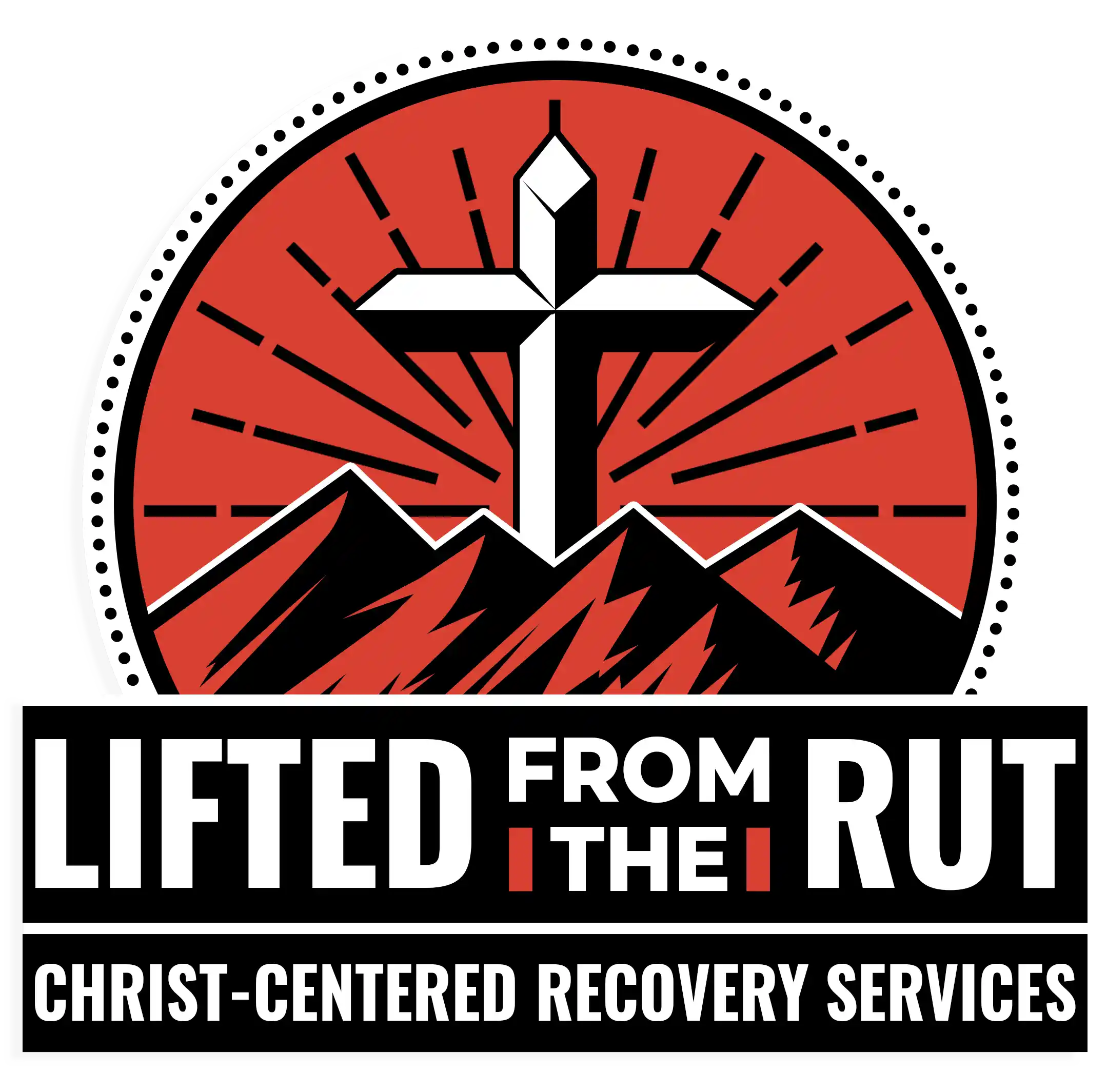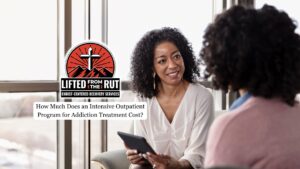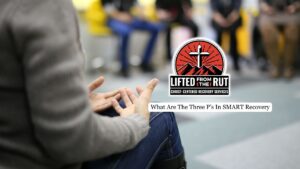When it comes to supporting loved ones struggling with addiction or harmful behaviors, the line between helping and enabling can be challenging to discern. The Bible offers clear guidance on this issue, cautioning against actions that will allow others to avoid facing the natural consequences of their choices. It clearly emphasizes the importance of personal responsibility and healthy boundaries.
Тhis article will explain what Scripture says about enabling—and why it cautions against certain behaviors that may seem loving on the surface.
Helping and Enabling
The Bible distinguishes between helping others in genuine need and enabling behaviors that prevent personal growth and responsibility. Helping involves supporting someone in ways they cannot manage on their own, thereby fostering their well-being and development. For instance, you help someone when you do for them what they genuinely cannot do for themselves, like caring for a sick child.
Enabling, however, refers to actions that shield others from the natural consequences of their choices, often allowing sinful or destructive behaviors to continue unchecked. For example, making excuses for a loved one’s addiction or continuously bailing them out of trouble may feel like help but reinforce their harmful patterns.
A key biblical principle is that each person is responsible for bearing their load (Galatians 6:5), and those unwilling to work should not be supported in idleness (2 Thessalonians 3:10-12). True love, as depicted in Scripture, entails fostering accountability and growth rather than promoting dependency or indulgence in sin.
If you have a close friend or a family member dealing with substance abuse, check out our Christian Outpatient Program (OP) in Littleton, Colorado, which offers a compassionate and flexible addiction treatment option grounded in Christian values and evidence-based practices. The program is designed for individuals with mild to moderate substance use disorders or those stepping down from more intensive care. Our approach enables clients to balance their daily responsibilities, such as work, school, or family while attending weekly sessions.
Biblical Principles Against Enabling
While the Bible does not explicitly use the modern term “enabling,” it teaches principles that discourage supporting sinful or irresponsible behavior. Scriptures emphasize:
- Bearing personal responsibility: “For every man shall bear his burden” (Galatians 6:5).
- Facing the consequences: “Do not be deceived: God is not mocked, for whatever one sow, that will he also reap” (Galatians 6:7).
- Avoiding idleness: “If anyone is not willing to work, let him not eat” (2 Thessalonians 3:10).
- Guarding the heart and setting boundaries to avoid sin and harmful influences (Proverbs 4:23; Ephesians 5:11-12).
The story of the prodigal son (Luke 15:11-32) exemplifies these principles. The father allowed his son to face the consequences of his reckless choices rather than enabling him to continue on his wayward path. Yet, the father’s love remained ready to forgive and restore once the son repented, illustrating the balance between accountability and grace.
Rather than enabling, you could help your loved ones through faith-based addiction treatment. This approach offers a unique and powerful path to recovery by integrating spiritual practices with traditional therapeutic approaches. One of the key benefits is the opportunity to reconnect with a higher power, which provides individuals with renewed purpose, direction, and strength to overcome challenges.
You can also teach them with powerful prayers for addiction recovery. These prayers serve as a vital source of strength, hope, and healing for those facing the challenging journey of overcoming addiction. Through heartfelt prayers, individuals are reminded that they are not alone in their struggles and can draw upon a higher power for support.
Signs You Might Be Enabling
If you find yourself making excuses for a loved one’s addiction or covering up their problematic actions, you might be enabling someone rather than helping them heal.
Recognizing enabling behavior is crucial to breaking harmful cycles. Some other signs include:
- Taking on responsibilities that the person should manage themselves.
- Shielding a loved one from facing the natural consequences of their choices.
- Feeling compelled to “rescue” repeatedly despite no lasting change.
- Experiencing frustration or resentment because your help is not leading to improvement
These behaviors, though often motivated by love and compassion, can inadvertently perpetuate dysfunction and prevent the individual from growing into responsible, self-sufficient maturity.
Why Enabling is Harmful
When you step in and shield someone from the consequences of their actions, you block the growth that comes through accountability. The Bible reminds us in Galatians 6:7 that “a man reaps what he sows,” meaning people learn and mature when they experience the results of their choices. Enabling disrupts this process, often leading to continued harmful behaviors and fostering a sense of entitlement or irresponsibility.
Additionally, enabling can cause significant harm to both the individual and those who will allow them. It encourages idleness and irresponsibility, which the Bible warns against. It can foster dependency, making the person reliant on others instead of relying on God and their efforts.
The Bible calls for love that is transformative and strengthening, not indulgent, to the point of causing further harm.

Biblical Guidance for Breaking the Cycle of Enabling
Establish healthy boundaries rooted in Proverbs 4:23 to protect your heart and foster responsibility. When you establish boundaries, you help others confront their actions and foster authentic change.
Encourage them to face the consequences of their actions, trusting God for their growth. You also urge them to offer forgiveness and restoration when genuine repentance occurs, as the father did in the story of the prodigal son.
Prayerfully seek wisdom, as James 1:5 encourages, to discern when to help and when to step back. Speak the truth in love, admonishing gently but firmly when necessary (Galatians 6:1). This approach fosters spiritual maturity and breaks the cycle of dependency.
Seeking Support and Community
Enabling is often a complex issue that involves emotional and spiritual challenges. Seeking support from a community of faith, counselors, or recovery groups can provide:
- Accountability and encouragement for those struggling with enabling behaviors.
- Practical guidance on setting boundaries and offering help biblically.
- Emotional support to cope with the difficulties of loving someone with destructive habits.
- Spiritual growth through prayer, teaching, and fellowship.
Within a supportive community, you gain perspectives that help you recognize enabling patterns you might overlook. Collective prayer and shared experience guide you toward compassion without compromise, encouraging firm, loving responses.
Final Thoughts from LFTR Christ-Centered Recovery Services
As you aim to provide others with love and support, remember that enabling isn’t proper help. At LFTR Christ-Centered Recovery Services, we recognize that the journey to recovery is deeply personal and often challenging—for both individuals and families affected by addiction. Our structured drug intervention services help people understand the consequences of their addiction and the benefits of seeking treatment. By integrating evidence-based treatment with Christ-centered principles, we offer a unique path to recovery that nurtures the spirit, soul, and body.





